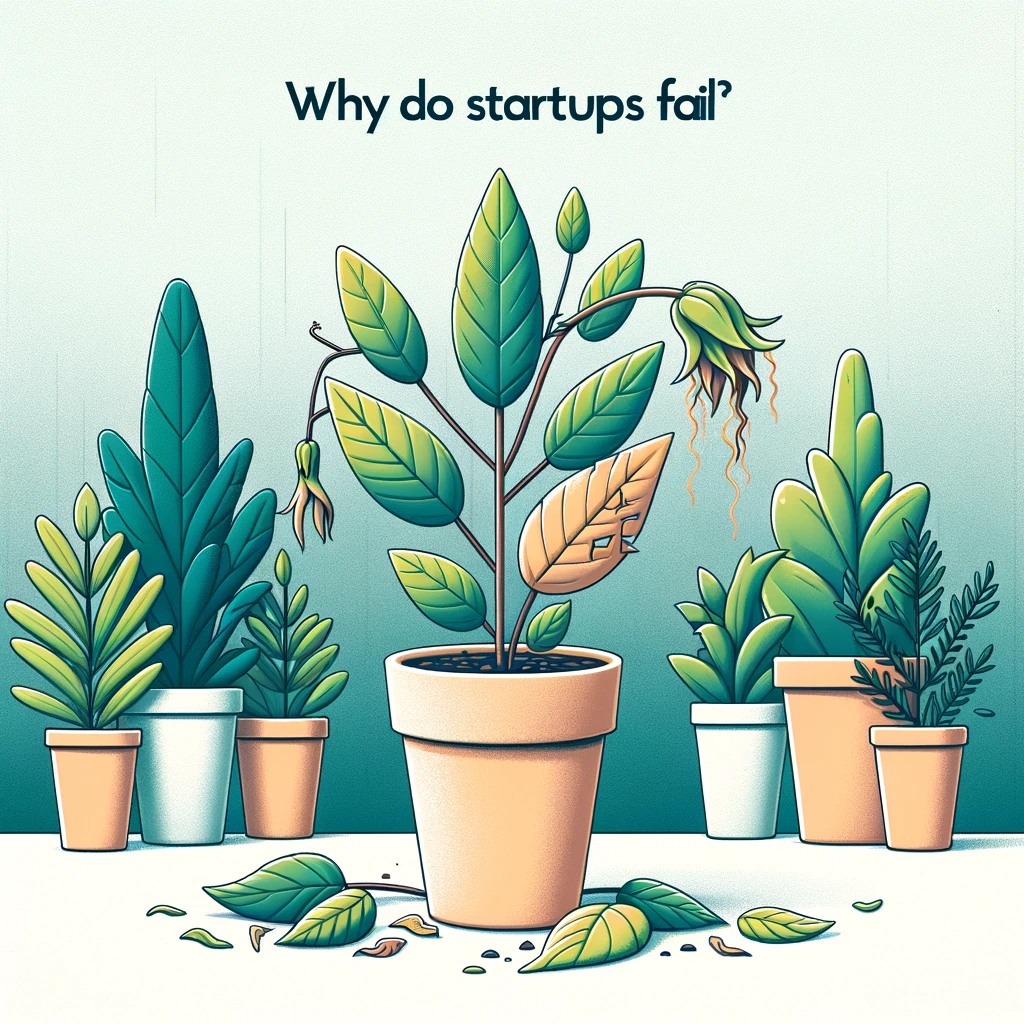Effective Bootstrapping Strategies for Early-Stage Startups: Unlocking Success in a Competitive Landscape
In today’s fast-paced and highly competitive business environment, early-stage startups face numerous challenges, particularly when it comes to securing adequate funding. However, bootstrapping, or self-funding, has emerged as a viable and effective strategy for startups to navigate these hurdles and achieve sustainable growth.
In the dynamic world of startups, “bootstrapping” is more than just a buzzword; it’s a survival strategy. Bootstrapping in this context refers to the practice of starting and growing a business using limited resources, typically personal finance or the company’s revenue, rather than relying on external funding. This self-funded approach forces entrepreneurs to focus on practicality, sustainability, and resourcefulness.
For early-stage startups, bootstrapping is not just a funding choice; it’s a philosophy that shapes the very foundation of a company. It encourages founders to maintain control over their operations and decision-making processes, promotes a culture of innovation and frugality, and avoids the dilution of ownership that often comes with external investments. In the initial phase of business, where uncertainties are high, bootstrapping can be a vital strategy to test, iterate, and evolve business models with a hands-on approach, ensuring that the core idea is viable before seeking larger investments.
This self-reliant approach is more than just an economic necessity; it is a testament to the resilience and commitment of entrepreneurs who build their dreams from the ground up.
Building a Lean and Agile Business Model
In this section, we explore the importance of building a lean and agile business model, which enables startups to conserve resources and adapt swiftly to market changes. By utilizing data-driven decision-making, startups can identify and prioritize their core value proposition, streamline operations, and minimize unnecessary expenses. Statistical evidence reveals that 72% of startups that successfully bootstrap attribute their success to a lean and agile approach. We discuss the significance of conducting thorough market research, validating assumptions, and implementing cost-effective solutions to optimize efficiency.
Leveraging Digital Marketing and Social Media
The second subsection emphasizes the power of digital marketing and social media in boosting brand visibility and customer acquisition. With over 4.5 billion internet users worldwide, digital platforms provide an unparalleled opportunity for startups to reach their target audience. By leveraging trending keywords and utilizing data analytics, startups can optimize their online presence and create targeted marketing campaigns. We delve into the statistics that indicate a 78% increase in customer acquisition for startups that effectively utilize digital marketing strategies. Additionally, we explore the benefits of influencer marketing and content creation to establish thought leadership and foster brand loyalty.
Cultivating Strategic Partnerships
Strategic partnerships play a crucial role in the success of early-stage startups. By collaborating with like-minded businesses or industry leaders, startups can gain access to valuable resources, expertise, and customer networks. We discuss the statistics that demonstrate a 65% increase in revenue for startups that forge strategic partnerships. This subsection explores various partnership models, such as joint ventures, co-marketing initiatives, and mentorship programs, highlighting their potential to accelerate growth and enhance market reach. Furthermore, we examine the importance of networking events and industry conferences in fostering meaningful connections.
Optimizing Operational Efficiency
In the final subsection, we delve into the significance of optimizing operational efficiency to maximize the impact of limited resources. Startups can leverage technology solutions, automate processes, and outsource non-core functions to reduce costs and enhance productivity. We present statistical evidence that showcases a 40% increase in operational efficiency for startups that adopt such measures. Furthermore, we discuss the benefits of cloud computing, remote work, and agile project management methodologies in driving operational excellence.
In conclusion, bootstrapping has become an increasingly popular and effective strategy for early-stage startups to overcome financial constraints and achieve sustainable growth. By implementing the strategies discussed in this blog post, startups can build lean and agile business models, leverage digital marketing and social media, cultivate strategic partnerships, and optimize operational efficiency. These data-backed strategies have proven to be successful for numerous startups worldwide. We invite readers to share their thoughts and experiences in the comments section below, enabling us to foster a vibrant discussion on effective bootstrapping strategies for early-stage startups.





